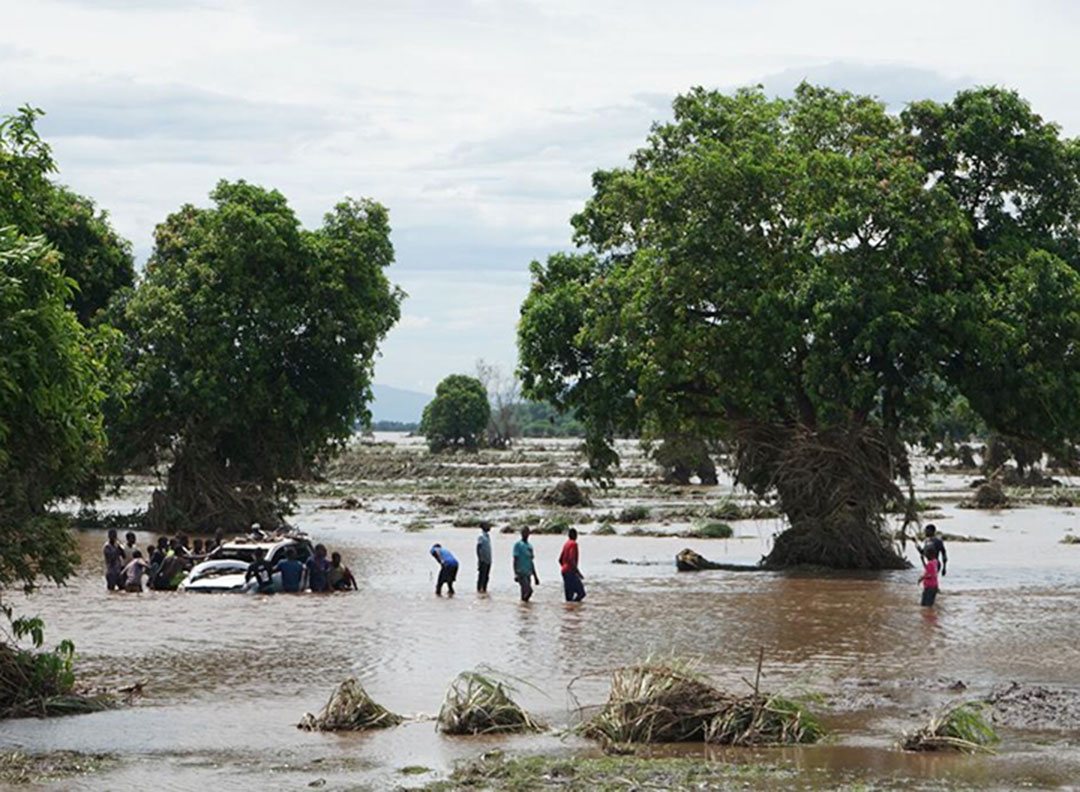In the wake of tropical cyclone Ana, which has killed more than 80 people in Southern Africa, Ipas teams in Malawi, Mozambique and Zambia are preparing a coordinated response to ensure that reproductive health care, including access to postabortion care and contraception, remains available to women and girls affected by the storm.
In Malawi, 44 camps have been set up to temporarily house people displaced by the storm. The Malawi Department of Disaster Management Affairs has issued a preliminary report citing the need for sexual and reproductive health services to be available to those in the camps.
Ipas teams will be working to mobilize further resources and raise awareness of the disproportionate impact that climate disasters have on women and girls. Christopher Kandionamaso, Ipas Health System Adviser, said that integrating the provision of sexual and reproductive health care into responses to climatic events is important because of the high exposure of the region to negative impacts of climate change such as floods.
In Malawi one woman told the Guardian: “The water just came abruptly and I managed to grab my children and run. I’m not sure what remains in the house as it’s submerged. There is fertilizer, poultry, cash for farming and everything.”
Because women are most affected by climate crises, Ipas is working with global, regional and local partners to promote women-led climate justice. Cyclone Ana is yet another wake-up call that climate change is one of the defining crises of our time.
Donate now to ensure that women in southern Africa have reproductive health care in the wake of recent cyclones.


